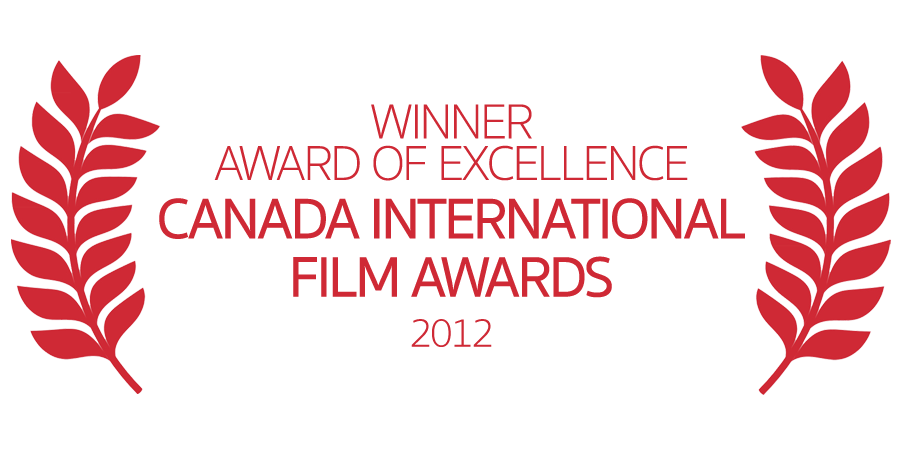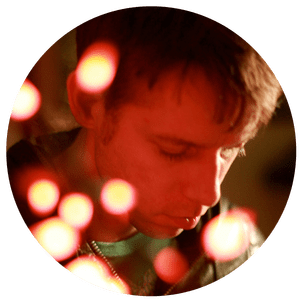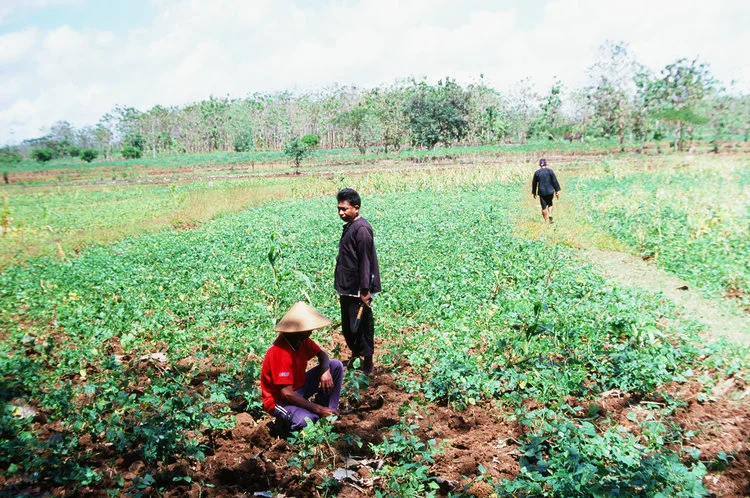Over half a million dead, the world looked away, four families tell their stories (86 min)
In one of the largest unknown mass-killings of the 20th century, an estimated 500,000 to 1,000,000 Indonesians were killed in 1965 when General Suharto began a purge of suspected “communists” through a complex and highly contested series of events–ultimately leading him to the presidency.
40 Years of Silence: An Indonesian Tragedy follows the compelling testimonies of four individuals and their families, as they break the silence with an intimate look at what it was like for survivors during Suharto’s New Order regime. Through their stories, the audience comes to understand the potential for retribution, rehabilitation, and reconciliation in modern-day Indonesia within this troubled historical context.
“I think [the film] is important, so that people don’t forget what happened in those days. What’s more, up until this point, we have primarily seen films that present the government’s version of events. Even though there have been some other films, they have not been as complete as this one, which tells the story of four families with entirely different backgrounds: Chinese, Christian-Islam, Balinese Hindu, and an innocent child who becomes a victim due to his father’s status as an ex-political prisoner. I appreciate Robert Lemelson’s research and documentation of all these testimonies.”
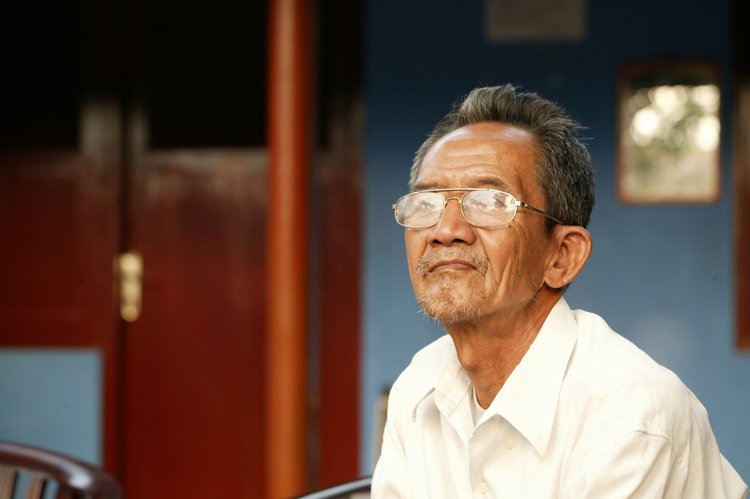
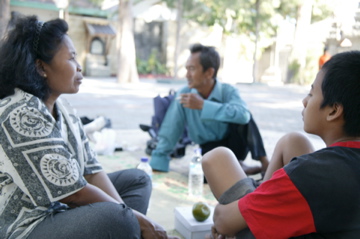
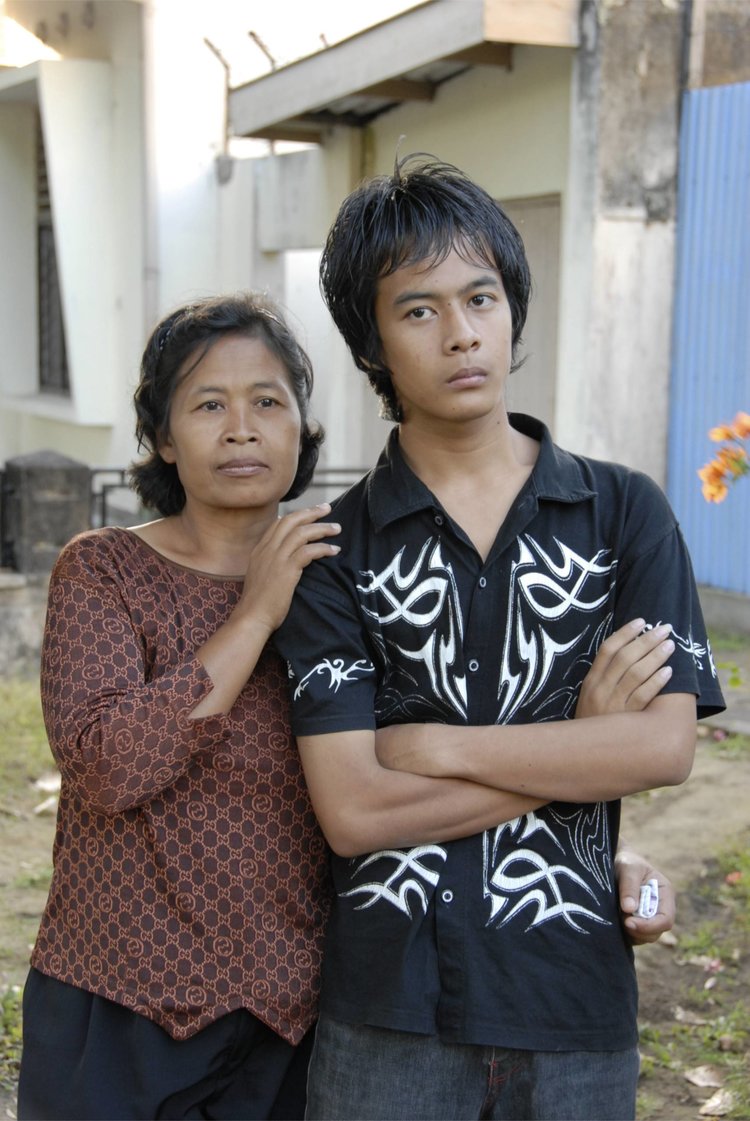
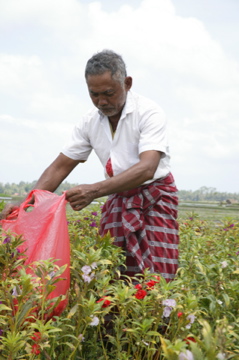
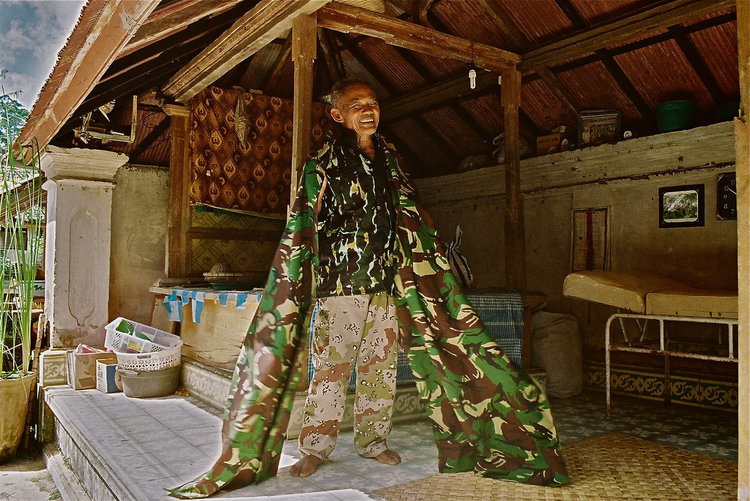
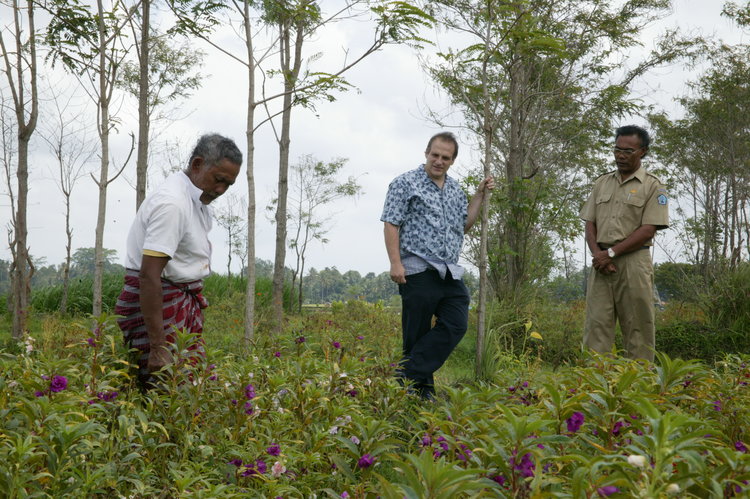
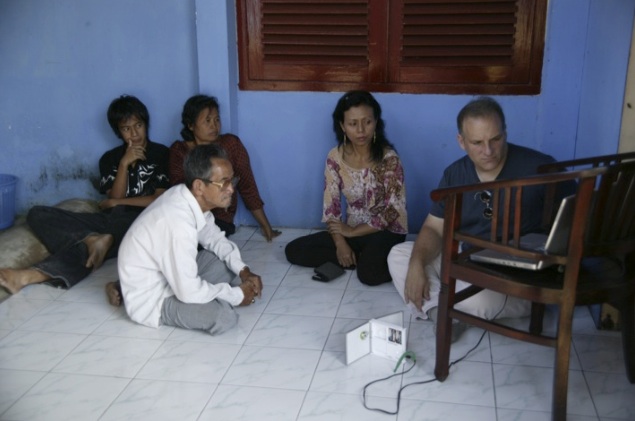
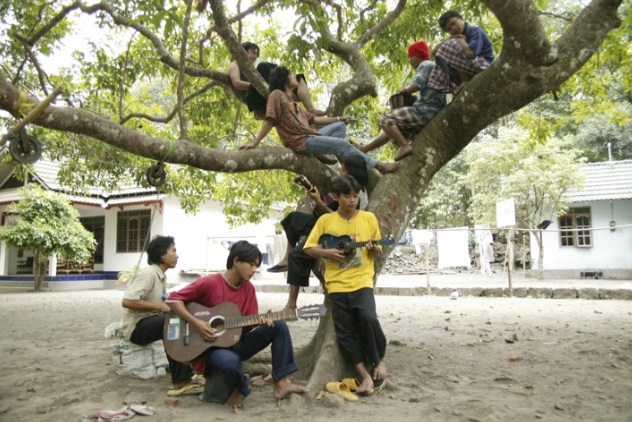
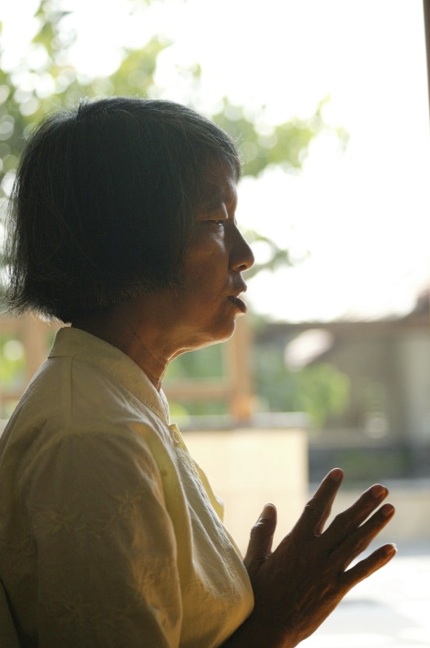
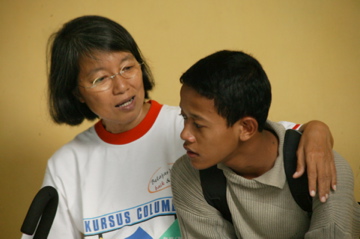
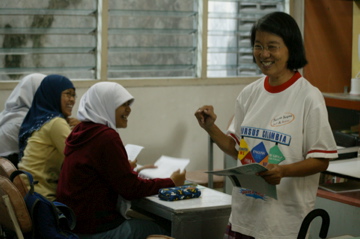
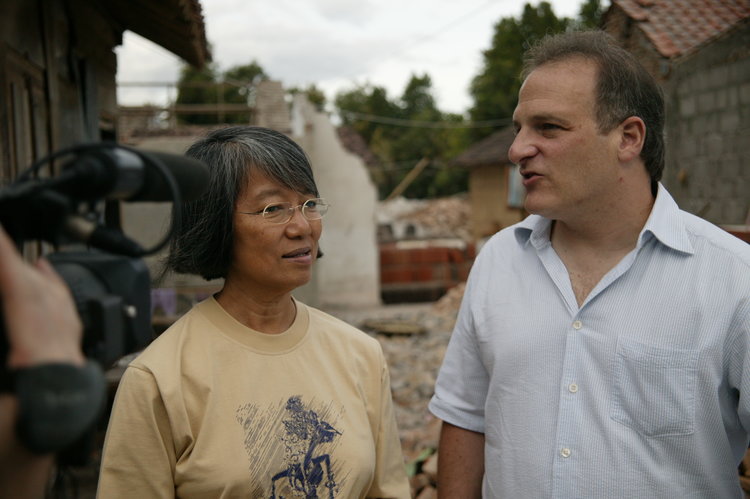
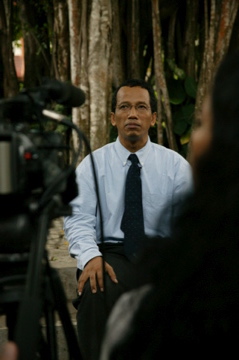
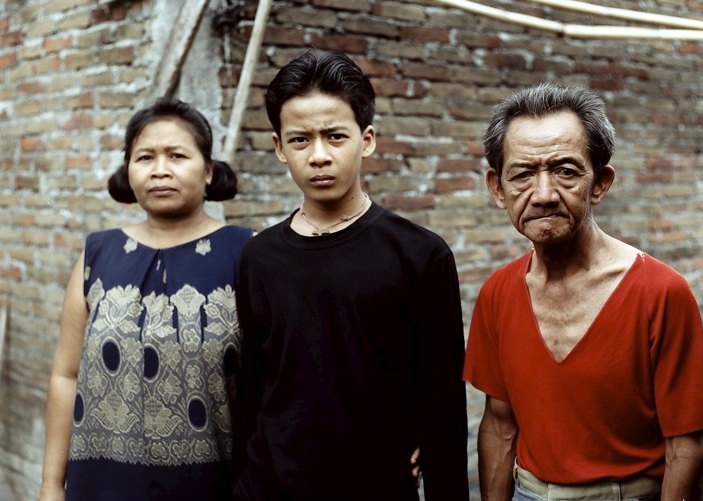
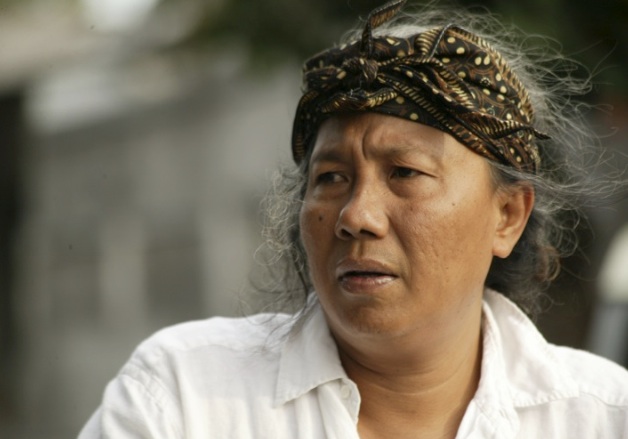
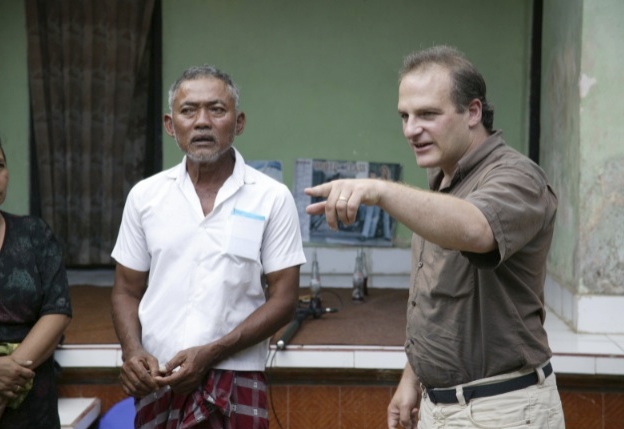
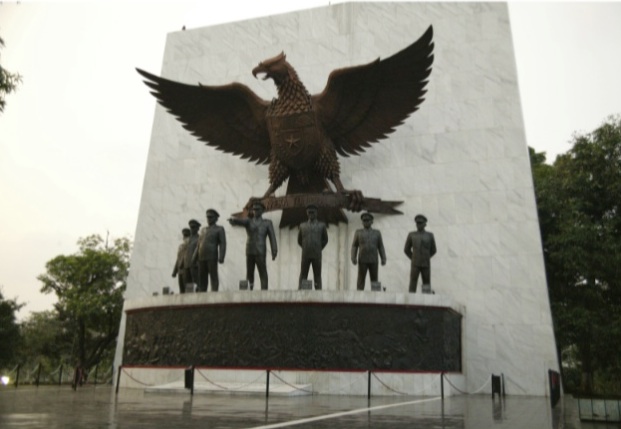

PURCHASE Film
Featuring
Budi
Although Budi was born decades after the killings of 1965, he is harassed, stigmatized, and traumatized by local villagers in Java due to his father’s status as an ex-political prisoner. His all-consuming desire for revenge leads him to face the men who tormented him and his family members.
Degung
A high-caste Balinese, Degung was abandoned following his father’s death, and was raised by prostitutes in Surabaya, Java. He returns home as a teenager and eventually becomes a scholar and an activist, raising awareness of the trauma caused by 1965 and its aftermath.
Kereta
Kereta is a Balinese farmer who witnessed the violence of 1965 firsthand. His father was betrayed by his own family and was subsequently executed in front of his children. After this, Kereta begins to withdraw under the pressure of continued surveillance and fear under the New Order, and finally retreats into his own world filled with Balinese spirits and gods.
Lanny
At thirteen years old in Central Java, Lanny was abandoned by her father and later witnessed his execution. As an adult, she undergoes a profound spiritual crisis and must decide how to confront the past which has followed her into the present and, inevitably, into the future.
“What the film lacks in broad political critique, it makes up for with the emotional depth of interviews with Kereta, Lanny, Degung, Budi and their families as they grapple with the past and struggle for redemption.”
Anthropologists and Historians
Robert Lemelson, Ph.D.
Professor of Anthropology at the University of California, Los Angeles, co-authored book Understanding Trauma: Integrating Biological, Clinical, and Cultural Perspectives which was published by Cambridge University Press in 2008.
John Roosa, Ph.D.
Professor of History at the University of British Columbia, his book Pretext for Mass Murder: The September 30th Movement and Coup d’Etat in Indonesia was published in 2006 by University of Wisconsin Press.
Geoffrey Robinson, Ph.D.
Professor of Anthropology at the University of California, Los Angeles, co-authored book Understanding Trauma: Integrating Biological, Clinical, and Cultural Perspectives which was published by Cambridge University Press in 2008.
Baskara T. Wardaya, Ph.D.
Professor of History at Sanata Dharma University in Yogyakarta, Java, his book Supersemar Revealed! From the CIA to the creeping Coup D’etat against Bung Karno was published in 2006 by Galang Press in Jakarta.
“The documentary, enriched with colorful stories, leaves its audience with interwoven and conflicting feelings of sympathy, anger, relief and a certain degree of shame for being unaware of such a horrific yet veiled past. “40 Years of Silence” is not only a documentation that unravels one of the darkest chapters in Indonesian history, it is a medium of liberation that clearly gives voice to victims of an until-now silenced past.”
SOUNDTRACK
Malcolm Cross
Music Composer
Malcolm Cross studied music performance and composition in London at the Guildhall School of Music and Drama. He also completed additional postgraduate studies in Jazz and Studio Music. Malcolm’s past work includes original film scores for “Insomniac Obsessions,” “Oh Saigon,” “I Dream of Dog,” and “The Grey”.
Richard Henderson
Music Editor
Richard Henderson attended S.U.N.Y. Buffalo in the late 70’s and studied film history. Richard’s vibrant career path led him to work as a music editor and music supervisor on such acclaimed films like “Borat,” “The Life Aquatic,” and “Into the Wild,” which won him the Golden Reel Award.
Dengue Fever
Featured Song, "Genjer-Genjer"
Dengue Fever is a Los Angeles based brand that combines Cambodian pop music with psychedelic rock. Their rendition of the song “Genjer Genjer” is featured in the film. The song “Genjer Genjer” was initially written about women who gather the genjer plant, tie it in bunches, and sell it in the market. The song later became associated with the Indonesian communist party, and the government banned its performance.
“The film’s score, which was edited by Richard Henderson (“Borat,” “The Life Aquatic”), is entirely original and complements the intense testimonies of the participants. The use of archival footage and historical commentary is also effective, as is Lemelson’s attention to character development. As one spectator commented, the film does not attempt to “glamorize or create saints” out of the victims. Rather, they are portrayed honestly as complicated people coming to terms with the trauma of their past.”
Director's Statement
FIlmmakers
Robert Lemelson
Director
Robert Lemelson is a cultural anthropologist, ethnographic filmmaker and philanthropist. Lemelson received his M.A. from the University of Chicago and Ph.D. from the Department of Anthropology at the University of California Los Angeles. Lemelson’s area of specialty is transcultural psychiatry; Southeast Asian Studies, particularly Indonesia; and psychological and medical anthropology. He currently is a research anthropologist in the Semel Institute of Neuroscience UCLA, and an adjunct professor of Anthropology at UCLA.
Pietro Scalia
Consulting Editor
Born in Sicily, Pietro Scalia won two Academy Awards for Best Editing including JFK by Oliver Stone and Black Hawk Down by Ridley Scott. His other editing credits are Body of Lies, American Gangster, Memoirs of a Geisha, Hannibal, Good Will Hunting, The Quick and The Dead, Stealing Beauty, Little Buddha and many others.
Alessandra Pasquino
Post-Production Supervisor
Alessandra Pasquino has produced broadcast commercials, documentaries and special projects for over 10 years. She has collaborated with many filmmakers and artists including: Oliver Stone, Wayne Wang, Klaus Kinski, Gregory Colbert, Leonardo Di Caprio, Pietro Scalia and Matthew Rolston. She is currently a freelance documentary producer and independent filmmaker.
Dag Yngvesson
Director of Photography
Dag Yngvesson was the cinematographer on “Stoked: the Rise of Gator,” a documentary about the rise and fall of skateboard legend Mark “Gator” Ragowski and wrote, produced and edited “Rated X: A Journey through Porn,” about the Los Angeles porn industry. Yngvesson studied film and anthropology at Pitzer and Hampshire Colleges.
Heidi Zimmerman
Editor
Heidi Zimmerman was brought on to the film by supervising editor, Pietro Scalia. Ms. Zimmerman has a BFA in Film Production from NYU, Tisch School of the Arts. She has cut documentaries, narratives, commercials, and music television. She is currently editing another short documentary for Elemental Productions and looks forward to more provocative work in the future.
Kathy Huang
Editor
Kathy Huang’s career as a filmmaker began in the dusty fields of South Texas. Inspired by her experiences teaching in a rural high school, she produced her first documentary on a teenager coming of age along the US-Mexico border. Her work has continued to center on underrepresented communities facing unique challenges and has played at festivals such as Tribeca and SILVERDOCS.
Wing Ko
Editor
Through the course of his career, Ko has collaborated with a who’s who of trendsetting artists, musicians and filmmakers. He worked with Spike Jonze on several music videos and edited the pilot for MTV’s “Jackass.” As a founding member of the innovative production company H-Gun, Ko helped create more than 80 music videos for Nine Inch Nails, Sound Garden, Smashing Pumpkins and other top bands of the time. For more than 15 years, he crewed skateboard videos and traveled the globe.
Emily Ng
Editor
Emily Ng was a writer and contributing editor for 40 Years. She completed her undergraduate studies in psychological anthropology and women’s studies at UCLA in 2006. Emily has long been interested in the ways pain, ambivalence, and hope color the human experience, which has inspired work in academic research (The Foundation for Psychocultural Research, UCLA Autism Project), alternative journalism (FEM Newsmagazine, Mother Jones), and psychiatric case management.
Luis Lopez
Graphic Design
Luis Lopez received a BFA from the Savannah College of Art and Design and an MFA from the Art Center College of Design. Luis is an LA-based freelance creative working in the fields of new media, motion graphics and design since 1988. For 40 Years of Silence, Luis worked on motion graphics, digital media, and collateral artwork design.
Ninik Supartini
Field Supervisor
Ninik Supartini assisted Dr. Lemelson in two research projects about community mental health in Java and Bali. Since 2006, Supartini has served as a mental health and psychosocial consultant for international humanitarian organizations working in post-disaster and conflict areas in Indonesia and Myanmar.
Awards
Winner, Award of Merit, Accolades Competition, 2009
Winner, Award of Excellence, Indie Fest, 2009
Winner, Best Foreign Feature, Oregon Film Awards, 2012
Winner, Award of Excellence, Canada International Film Awards, 2013
Nominee, Best Editing in a Documentary Film, St. Tropez International Film Festival, 2013
Winner, Best Asian Documentary, Endeavours Documentary Film Festival, Singapore, Singapore
Festivals
Boston International Film Festival, Boston, Massachusetts, 2009
Amnesty International “Films That Matter,” Amsterdam, Netherlands, 2009
Globians World + Culture Documentary Film Festival, Berlin, Germany, 2009
International Film Festival of Thailand, Phuket, Thailand, 2009
Taiwan International Documentary Film Festival, Taipei, Taiwan, 2010
XIX International Festival of Ethnological Film, Belgrade, Serbia, 2010
Psychocinema Festival, Jakarta, Indonesia, 2010
Kingston New York Film Festival, New York, New York, 2012
International Film Festival for Peace, Inspiration and Equality, Jakarta, Indonesia, 2012
Canada International Film Festival, Vancouver, BC, Canada, 2013
St Tropez International Film Festivals, Nice, France, 2013
Endeavours Documentary Film Festival, Singapore, Singapore, 2013
Screenings
Los Angeles Indonesian Consulate Screening, Los Angeles, CA, 2012
CSUS History Department Screening, Sacramento, CA, 2009
Lembaga Indonesia Perancis, Yogyakarta French Cultural Center, Yogyakarta, Indonesia, 2011
Kean University, Human Rights Institute, Union, NJ, 2009
UCLA Medicine, Mind and Culture, Los Angeles, CA, 2007
Hampshire College, Division of Social Science, Amherst, MA, 2007
Sanata Dharma University, Yogyakarta, Java, Indonesia, 2007
UCLA Medicine, Mind and Culture Group, Los Angeles, CA, 2008
McGill University Summer Institute on Cultural Psychiatry, Montreal, Quebec, Canada, 2008
The British Museum, London, GB, UK, 2008
UCLA Culture, Brain and Development Group, Los Angeles, CA, 2009
UCLA Southeast Asian Studies Center, Los Angeles, CA, 2009
UCLA Southeast Asian Studies Center, Los Angles, CA, 2009
UCSD, Department of Anthropology, San Diego, CA, 2009
Columbia University, Genocide Prevention Program, New York, NY, 2009
Goethe Institute, Jakarta, Indonesia, 2009
Hampshire College, Division of Social Science, Amherst, MA, 2009
Harvard University, Division of Social Science, Cambridge, MA, 2009
Massachusetts Institute of Technology, Division of Social Science, Boston, MA, 2009
UCLA, James Bridges Theater, Los Angeles, CA, 2011
Kine Forum, Jakarta, Indonesia, 2011
UC Riverside, Center for Ideas and Society, Riverside, CA, 2012
Washington Indonesian Community Screening, Washington, DC, 2012
Duarte Inn Indonesian Community, Duarte, CA, 2011
Yale University, Council on Southeast Asian Studies, Indonesian Forum, New Haven, CT, 2009
Conferences
International Association of Genocide Scholars Bi-Annual Meeting, Sarajevo, Bosnia, 2007
McGill University “Peace, Conflict and Reconciliation: Contributions from Cultural Psychiatry” Conference, Montreal, Quebec, Canada, 2008.
Emory University “What’s at Stake in the Ethnography of Human Experience? Phenomenological and Psychoanalytic Perspectives” Conference, Atlanta, GA, 2009
Seton Hill University, National Catholic Center for the Study of Genocide, Greensburg, PA, 2009
International Society for Study of Trauma and Dissociation, Washington, D.C., 2009
Seton Hill University, Ethel LeFrak Holocaust Education Conference, Greensburg, PA, 2009
Rutgers University Center for the Study of Genocide and Human Rights “Legacies of Genocide and Mass Violence: Memory, Symptom and Response” Conference, Newark, NJ, 2009
University of Sydney “Indonesia Council Open Conference,” Sydney, Australia, 2009
Northern Illinois University Summer Institute, “Genocide and Human Rights in Southeast Asia Conference”, DeKalb, IL, 2009
National University of Singapore Asia Research Institute, “1965–66 Indonesian Killings Revisited Conference”, Singapore, Singapore, 2009
Indonesian Council Open Conference on the Events of 1965, Sydney, Australia, 2009
International Association for Genocide Scholars Annual Conference, Arlington, VA, 2009
Case Western University: Conference “New Directions in Policy Relevant Research on Adolescence: Perspectives from Psychological Anthropology,” Cleveland, OH, 2009
International Human Rights Workshop, Los Angeles, CA, 2011
UC Berkeley, Medical Anthropology Colloquium, Berkeley, CA, 2011
Central Michigan University “Human Rights, Literature, the Arts, and Social Sciences International Conference,” Mount Pleasant, MI, 2011
3rd World Congress of Cultural Psychiatry, London, UK, 2012
University of Chicago, Chicago, IL, 2013
The National Consortium of Torture Treatment Program, Portland, Oregon, 2013
The National Consortium of Torture Treatment Program’s 5th Annual Research Symposium: “Torture Treatment,
Clinical, Community and Policy Interventions and Outcomes”, Washington, D.C., 2013The 18th International Conference and Summit on Violence, Abuse, and Trauma, San Diego, CA, 2013





